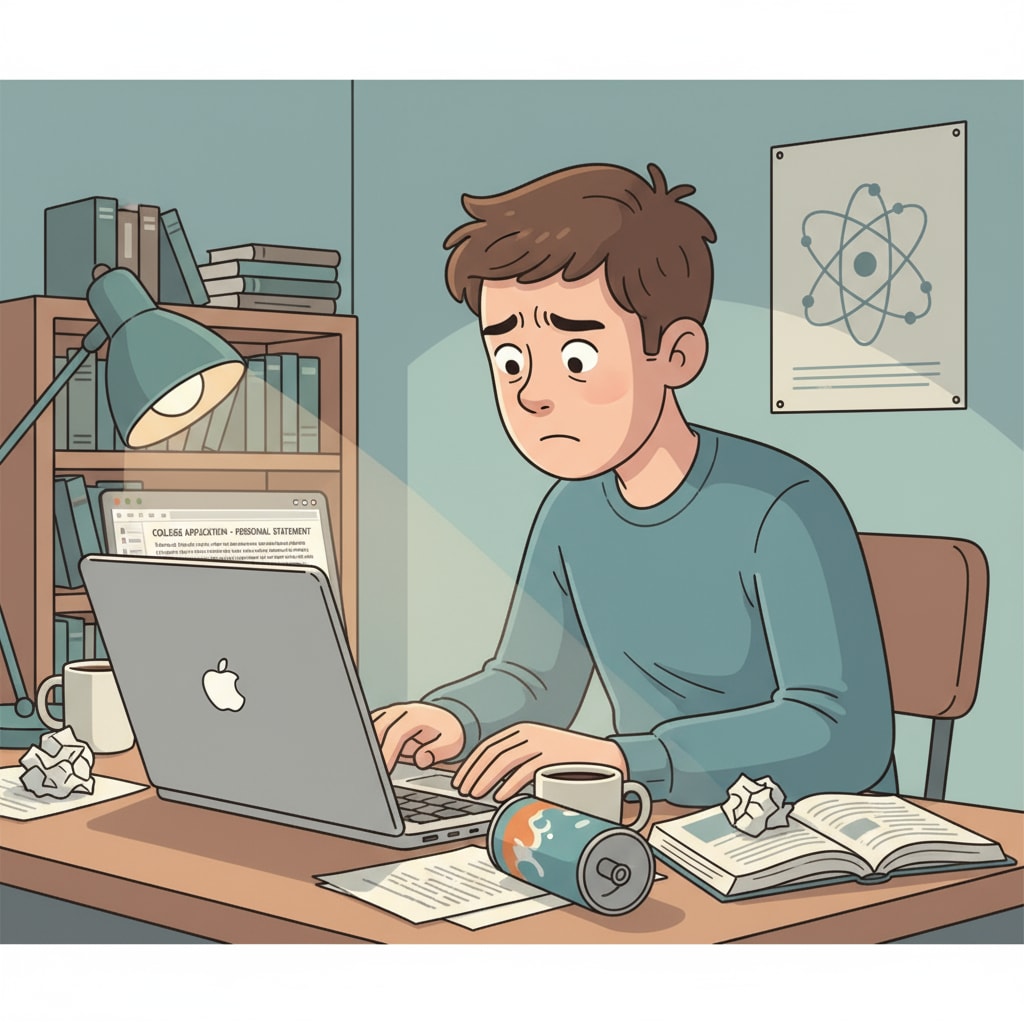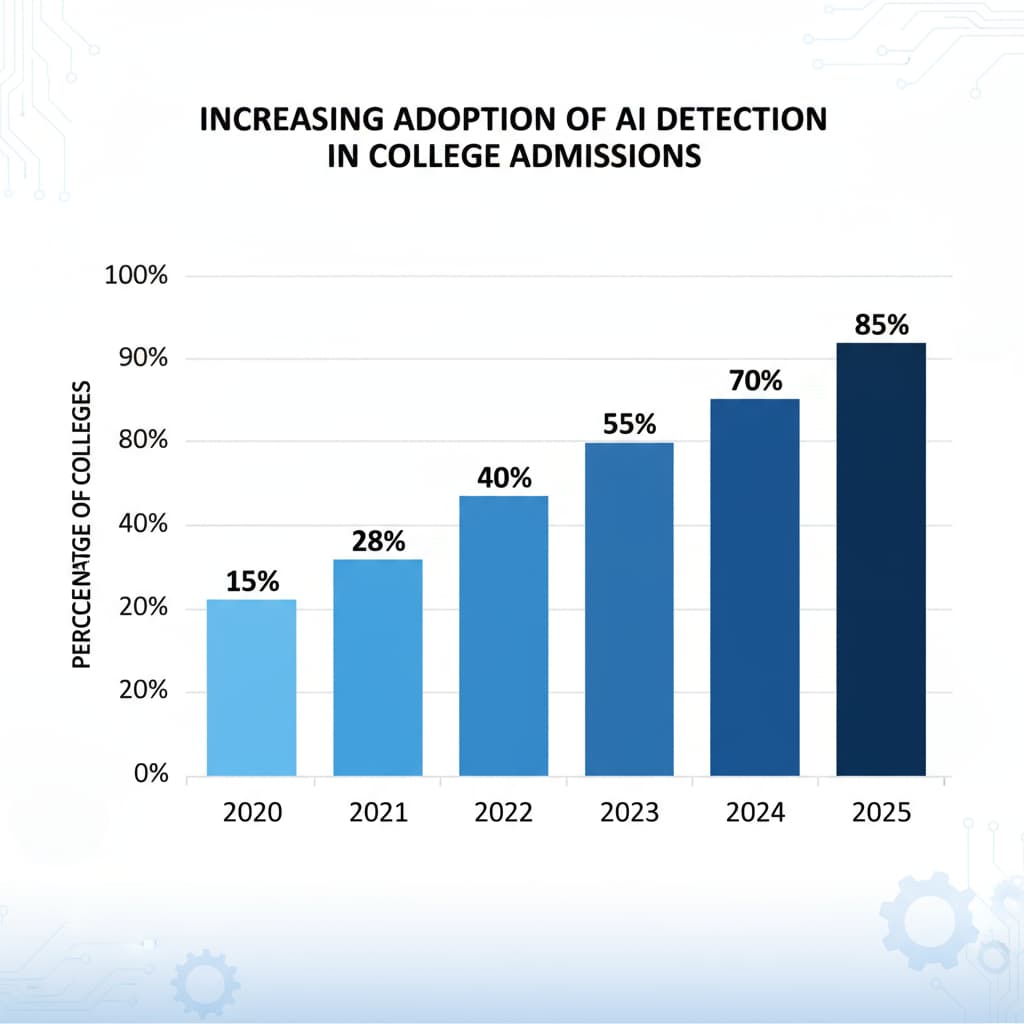In the realm of college applications, the integration of AI detection tools has brought about a significant challenge for students. Personal statements, which are crucial components of college applications, are now at risk of being mislabeled as AI-generated. This issue not only affects individual students but also has far-reaching implications for K12 education and the overall college admissions process.

The Rise of AI Detection in College Admissions
As technology continues to advance, colleges and universities are increasingly turning to AI detection tools to ensure the authenticity of application materials. These tools are designed to identify patterns and language traits that may indicate AI involvement. However, their effectiveness is often called into question. According to Inside Higher Ed, the current AI detection tools are not always accurate, leading to false positives. For example, students who write in a more polished or sophisticated style may be wrongly flagged as using AI.

The Impact on Students
The consequences for students whose personal statements are misjudged can be severe. Firstly, it can lead to a rejection of their college applications. After spending months crafting a unique and sincere personal statement, students may see their dreams of attending their desired college vanish due to an inaccurate AI detection result. Secondly, it can cause emotional distress. The feeling of being unjustly accused of cheating can be demoralizing and have a negative impact on a student’s self-esteem. As a result, students may become discouraged from expressing themselves freely in their writing.
The Influence on K12 Education
This emerging problem also has implications for K12 education. Teachers now face the challenge of teaching students how to write in a way that is both authentic and distinguishable from AI-generated text. They need to emphasize the importance of individuality and personal voice in writing. In addition, schools may need to invest in resources to help students understand the capabilities and limitations of AI, so they can better navigate the college application process. According to the National Education Association, educators need to adapt their teaching methods to prepare students for this new reality.
In conclusion, the issue of personal statements being mislabeled as AI-generated in college applications is a complex problem that requires attention from students, educators, and colleges. By working together, we can find solutions to ensure the authenticity and fairness of the college application process in the age of AI.
Readability guidance: Short paragraphs and lists are used to summarize key points. Each H2 section aims to provide a list. The proportion of passive voice and long sentences is controlled. Transition words are scattered throughout the text to enhance readability.


